Keywords: Aid
There are more than 200 results, only the first 200 are displayed here.
-

ARTS AND CULTURE
- Brenna Dempsey
- 01 March 2019
5 Comments
Natalie Brennan, general manager of Muffin Break, accused 'millennials' of no longer seeing the value in 'experience', and of having an 'inflated view of their self-importance'. Ironically, she has an inflated view of her company's importance if she believes 'millennials' should jump at the opportunity to work for her in an unpaid internship.
READ MORE 
-
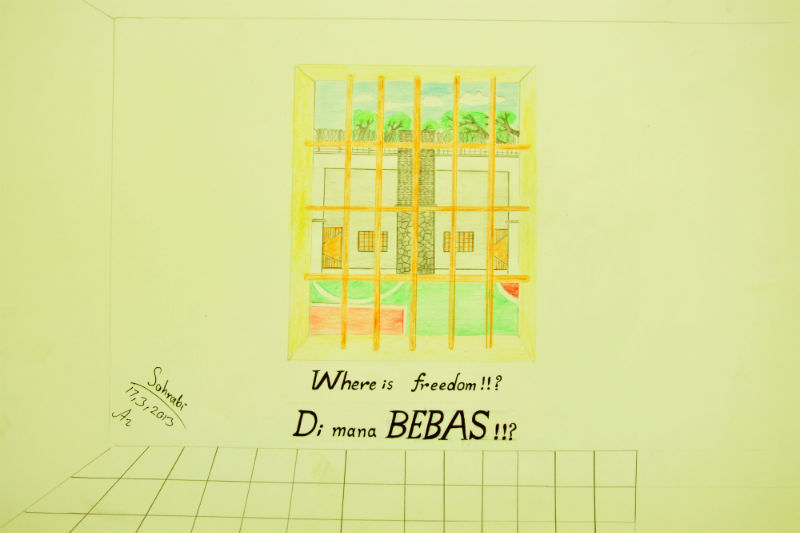
INTERNATIONAL
- Carolina Gottardo, Nishadh Rego, Lars Stenger
- 21 February 2019
8 Comments
On 7 February in Manado, Sulawesi, Sajjad, a 24 year old man who had just finished a degree in IT, doused himself with petrol and set himself on fire. He died six days later. On the day of his death, Australians woke to the government's claim the passage of the Medevac Bill would restart boats from Indonesia and weaken Australia's borders.
READ MORE 
-
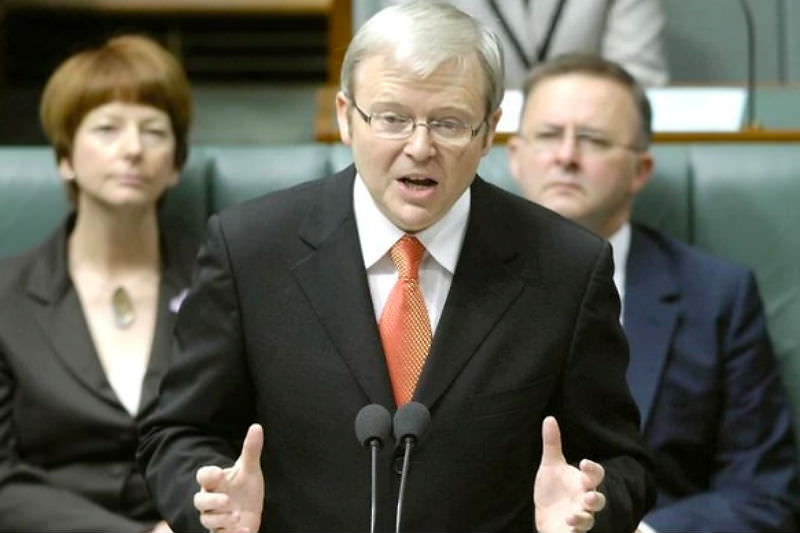
AUSTRALIA
- Andrew Hamilton
- 12 February 2019
8 Comments
It is hard to think of a more encouraging action by any government during the last 20 years than the national apology to the stolen generations. Much has been said about that apology. It is worth reflecting more generally on why apologies properly made are so gratifying, and what qualities they must have in order to be proper.
READ MORE 
-
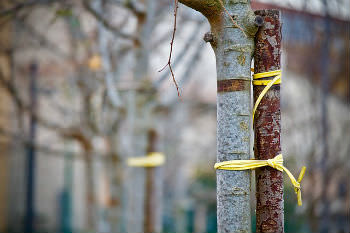
ARTS AND CULTURE
- Peter Bowden
- 04 February 2019
1 Comment
Distant she said. Superficial was his word. Words to describe all that they cared, after the years gone by, long gone, and two children now almost reared. Twenty they were, those changing years. Love replaced by void, even fears. A house, a high hill, ambitious pride. A façade, an emptiness.
READ MORE 
-
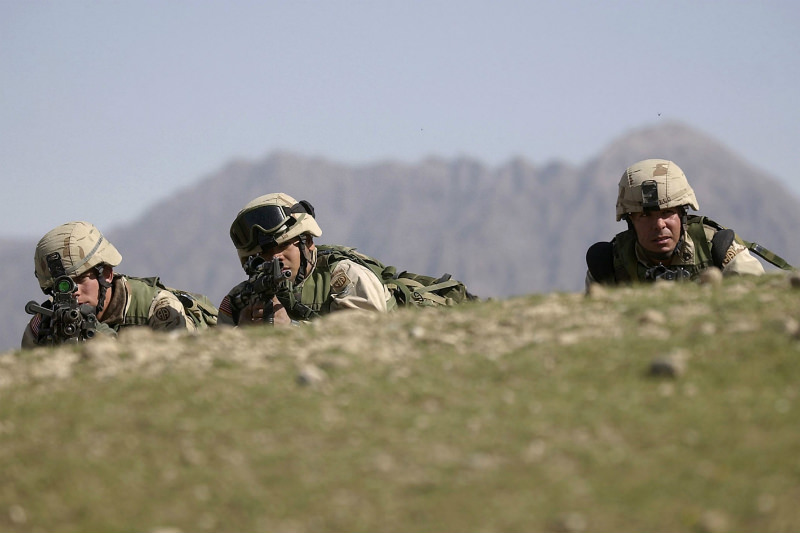
AUSTRALIA
- Jeff Sparrow
- 31 January 2019
18 Comments
John Howard promised to 'stay the course' in Afghanistan. So too did Tony Abbott, Kevin Rudd and Julia Gillard. So complete was the political consensus that parliament didn't even debate the Afghan intervention until nine years after it began. Now that there's no longer a course on which to stay, we're due some accountability.
READ MORE 
-
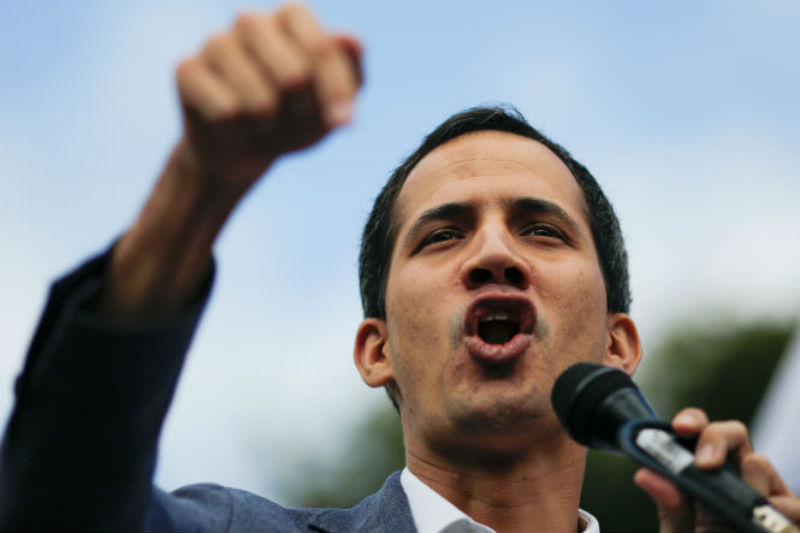
INTERNATIONAL
- Binoy Kampmark
- 30 January 2019
6 Comments
Think of how it grates with the non-interference doctrine of the UN. Such interference 'must be forcible or dictatorial, or otherwise coercive, in effect depriving the state intervened against of control over the mater in question'. Yet many countries, most purported liberal democracies, have very happily made Venezuela the exception.
READ MORE 
-

ECONOMICS
- Andrew Hamilton
- 16 January 2019
6 Comments
One of the issues raised at the royal commission into banks was the size of salaries and bonuses paid to senior staff. Subsequent discussion has tripped lightly around the issue. The larger question is whether it is in the best interests of financial institutions to offer to its senior officers huge salaries and bonuses.
READ MORE 
-
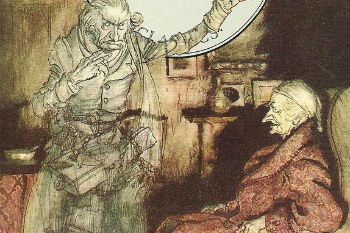
ARTS AND CULTURE
- Gillian Bouras
- 21 December 2018
2 Comments
In this season, I usually re-read A Christmas Carol, that timeless tour de force of the Dickensian imagination. The second spirit, the Ghost of Christmas Present, takes Scrooge to the shops, where the former restores good humour to squabbling delivery boys. For, they said, it was a shame to quarrel on Christmas Day.
READ MORE 
-
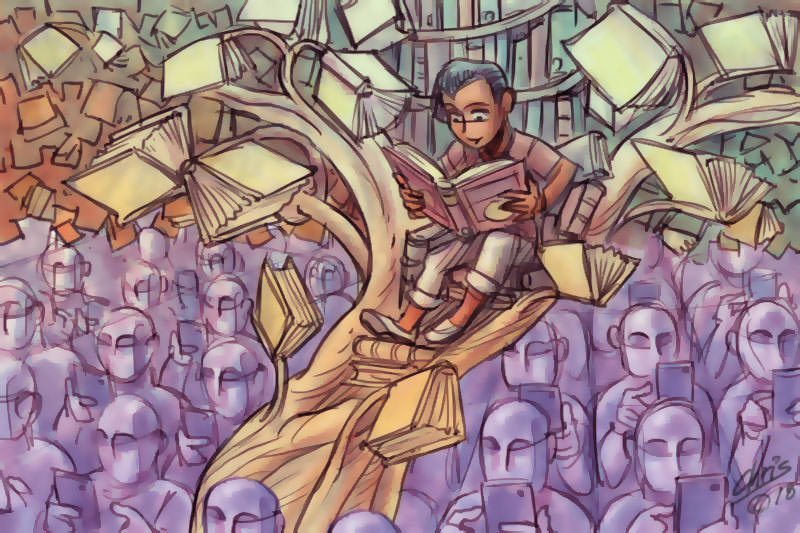
AUSTRALIA
- Mary Dalmau
- 07 December 2018
16 Comments
While it is said we read to know we are not alone, it is also true that libraries and bookstores are communal places, providing a safe environment for all and filling vital, societal roles. Of all my interactions over the years with readers, customers and library patrons, two instances remain strong in my memory.
READ MORE 
-
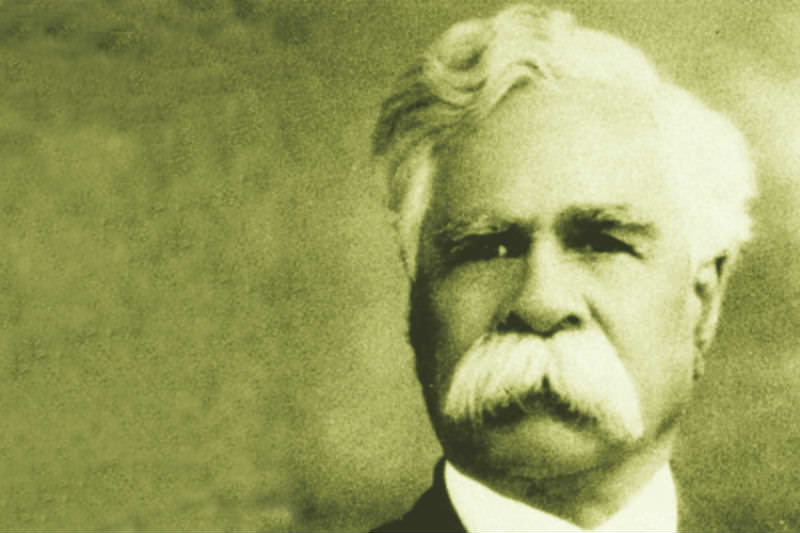
AUSTRALIA
- Michael McVeigh
- 05 December 2018
4 Comments
Eighty years ago today, 77-year-old Yorta Yorta elder walked ten kilometres to deliver a letter to the German consulate protesting the attacks on Jewish people during Kristallnacht nearly a month earlier. Despire the dire circumstances faced by Aboriginal people at the time, Cooper's conscience couldn't ignore the suffering of others.
READ MORE 
-

AUSTRALIA
- Fiona Murphy
- 27 November 2018
6 Comments
Most people don't realise that I am deaf unless I tell them. My deafness is invisible. I don't wear hearing aids and my voice (though distinct enough to prompt people to ask 'where are you from?') isn't a typical deaf voice. Every day I make small calculations, assessing every interaction to determine if I need to reveal that I have a disability.
READ MORE 
-

AUSTRALIA
- Tim Hutton
- 27 November 2018
2 Comments
Movember has a clear goal: stop men dying too young. The foundation aims, in particular, to reduce preventable deaths resulting from prostate cancer, testicular cancer and suicide. While the goal is noble, Movember is also a sad reminder of a truth not universally acknowledged: men are often our own worst enemies.
READ MORE 